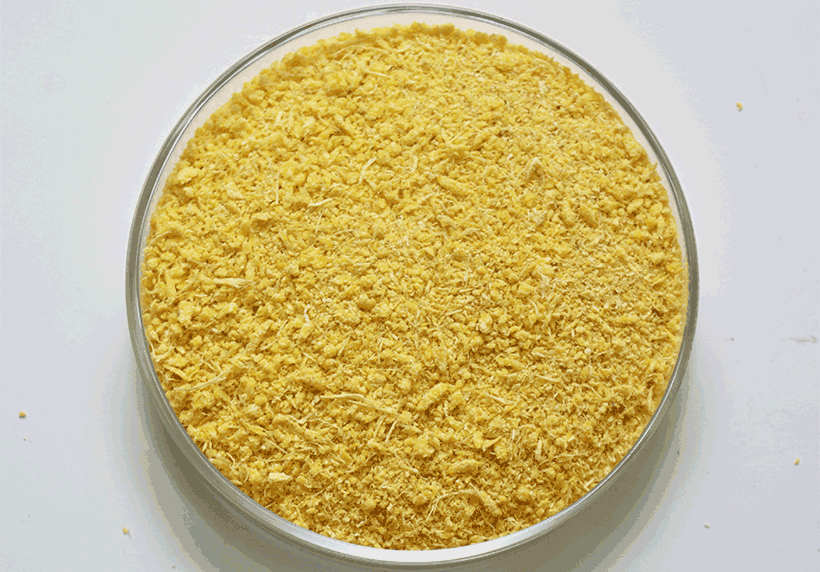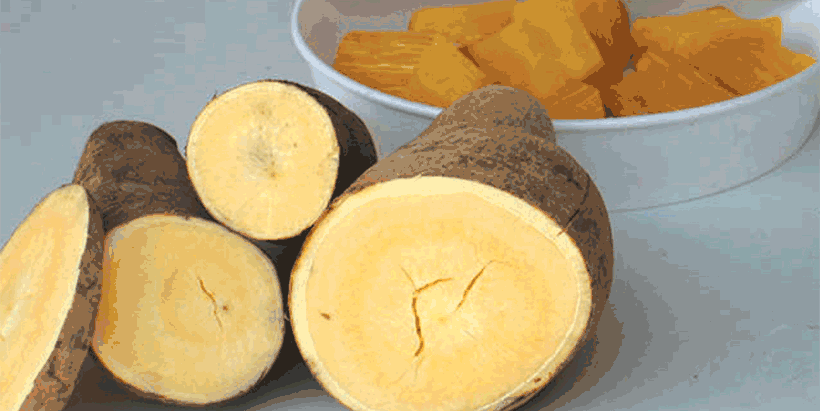
Biofortified cassava: Researchers call for gender-responsive strategies to improve food and nutrition security and reduce poverty in Nigeria
Market demand is a key driver of the production of biofortified cassava for male adopters and farmers. However, for women, consumer acceptance, preference, and market coupled with the health benefits of biofortified cassava—mainly targeting children and pregnant women—are the motivation for adopting and processing.
A study to identify gender-based constraints affecting the production, processing, and marketing activities of biofortified cassava in Oyo and Benue states has established this fact. The study carried out by researchers from IITA, Association of Uganda Professional Women in Agriculture and Environment (AUPWAE) Gender and Development Consultant, Gender-Responsive Researchers Equipped for Agricultural Transformation (GREAT) RTB Fellows, and CIAT HarvestPlus aims to support developing more equitable strategies for the dissemination and utilization of biofortified cassava varieties and products.
Biofortified cassava is a low-cost sustainable strategy for reducing vitamin A deficiency (VAD), leading to improved nutrition and economic livelihood opportunities for all age groups. VAD affects 30% of children under 5 and 20% of pregnant women in Nigeria. It leads to impaired immunity, impaired vision, blindness, and even death.
The researchers, led by Olamide Olaosebikan, IITA Research Associate (Gender and Scaling Innovation) and Elizabeth Parkes, HarvestPlus Cassava Breeder, recommended information from this study as an aid to empower extension officers. This data will provide gender–responsive advisory services and appropriately disseminate biofortified cassava varieties that will be accepted by and useful to male and female farmers and processors.
“We postulate that the integration of gender-responsive delivery strategies will further enhance the delivery of biofortified cassava products in Nigeria. This will improve food and nutrition security and reduce poverty,” Olaosebikan said.
In Benue State, women were early adoptors of biofortified cassava because they benefited from awareness campaigns that stressed the health advantages of the new varieties. Furthermore, the processing of the yellow roots produces yellow gari with low starch content, which is preferred by health-conscious consumers in Benue. Women processors usually add costly palm oil to the white cassava mash to make gari yellow. By using biofortified cassava, they can use less or no palm oil at all. Since men in Benue do not often process gari, they are less interested in yellow cassava cultivation for the upcoming market demand.
In Oyo State, consumers prefer white, sour gari, so the women who make it prefer to use white roots. From Oyo and Ogun states, yellow gari is taken to Lagos, where there is a niche demand in restaurants and households. Although the lack of access to hired labor has restricted the scale of production among women, men generally have better developed networks, including cooperation with research institutes and larger processing centers to link to extended, specific biofortified cassava markets.
Other constraints identified by men in both states include limited processing facilities and equipment for biofortified cassava roots. Low product prices and the high price of processing equipment, poor market infrastructure, and exploitation by middlemen were mentioned more by women. Shortage of basic amenities such as a borehole at the processing sites and stable electricity, and lack of access to training hindered women’s ability to process new biofortified cassava products. Domestic injuries, the time required for peeling cassava roots, and lack of modern processing facilities like the smoke-free gari fryer also reduced the processing efficiency for women.
The survey team benefited from training from the GREAT program. The team interviewed 201 people in the cassava value chain, comprising 125 men and 76 women adopters of biofortified cassava using a mixture of semi-structured questionnaires, focus group discussions, direct observations, and walks through each community.


